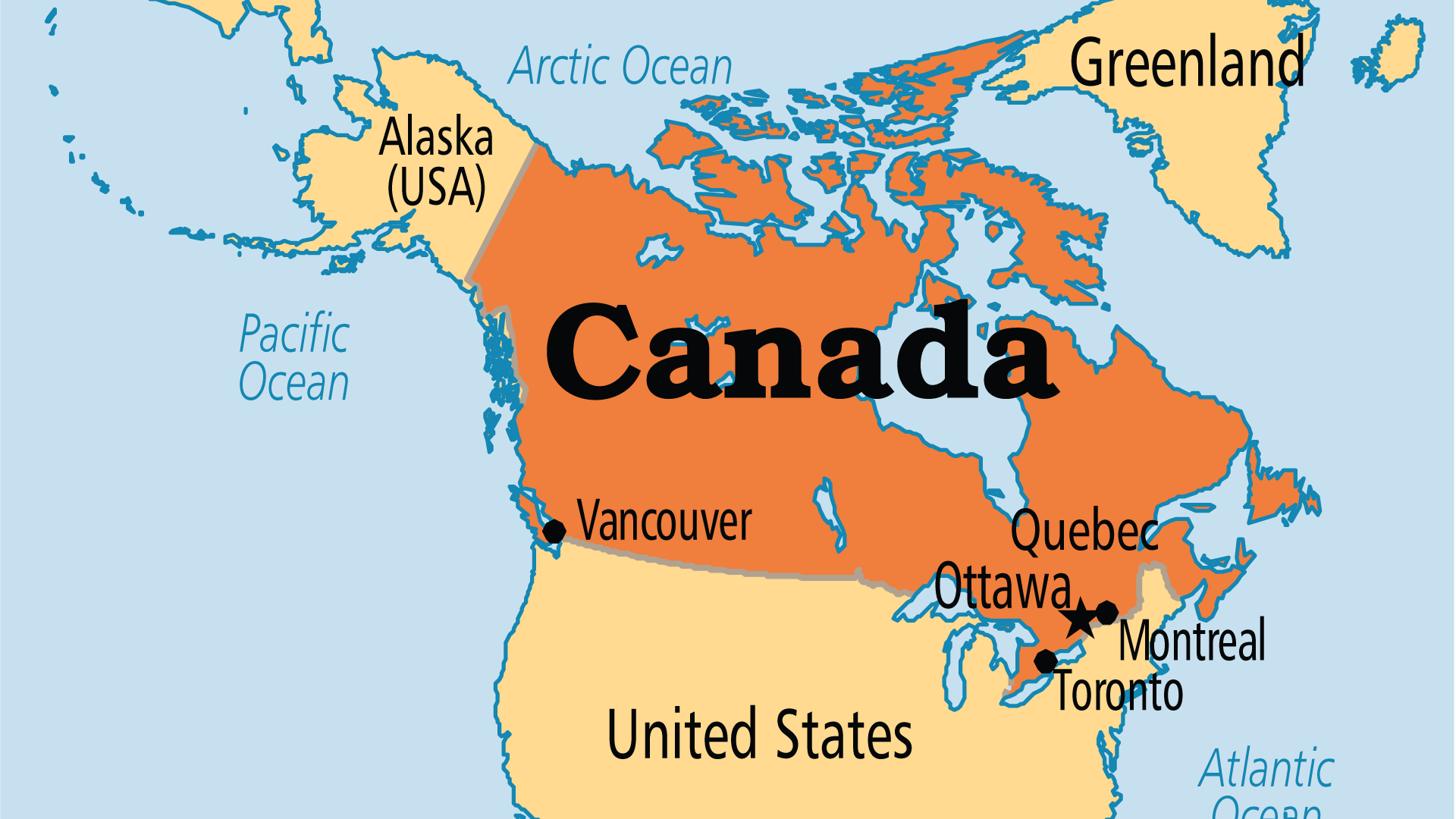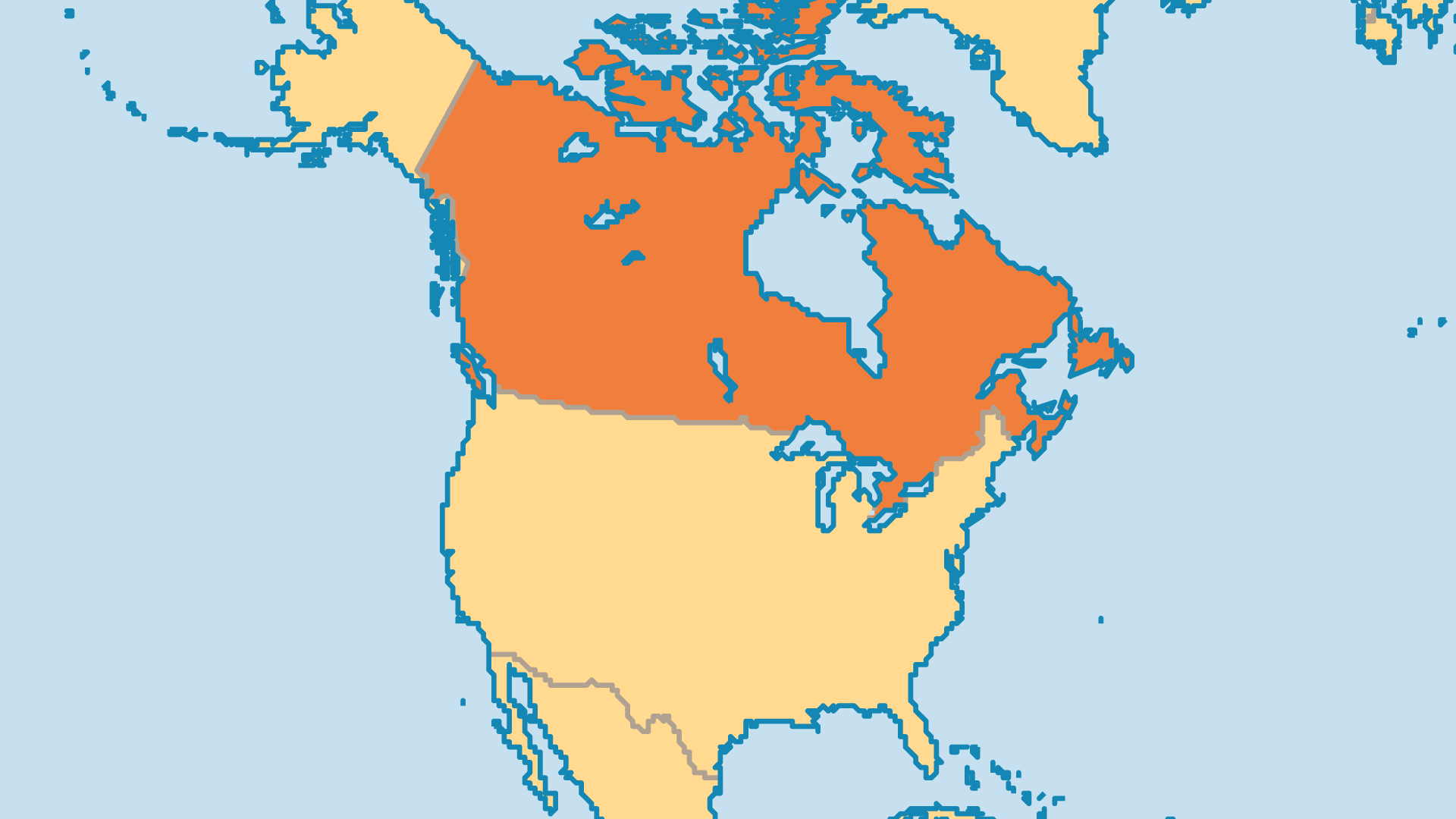Pray today
Canadian indigenous peoples suffered shameful treatment in the past. Both the government and the Church (mostly European-background) abused these peoples in painful ways. The Truth and Reconciliation Commission (2008-2015) concluded that the residential school system amounted to cultural genocide. Pray for appropriate repentance and forgiveness – both are necessary for true reconciliation. First Nations peoples have 600 reserves in Canada, all with small populations. Many Canadian indigenous peoples are called Christian, but many do not practise their faith. Pray for leaders and churches that represent First Nations culture to plant others like them! Six languages received the New Testament in the last 10 years. Translators now work on 27 more, but 27 native languages have no Scripture. Missions evangelize and plant churches in the difficult northern parts of the country. Revivals came among the Inuit in the Arctic. Pray that the power of the gospel will transform Inuit communities! Large numbers of First Nations people live in cities like Toronto, Winnipeg, Edmonton, and Regina. Many live in poverty and struggle with substance abuse. Some ministries reach out to them, but evangelicals usually overlook this challenge on their doorstep.
More
Catholicism is by far the largest religious influence in the country. Although Quebec in particular has a strong (but rapidly declining) Catholic heritage, Catholicism is in fact strong throughout the country. It is growing as a proportion of the population and accounts for the largest number of incoming immigrants, a notable issue in a country built on the back of immigration. It is multicultural and thriving in the urban environment. There is a real vibrancy in Catholicism (apart from in Quebec itself) and charismatic renewal has been a significant part of this - two prominent ministries in this framework are Catholic Christian Outreach and National Evangelization Teams. Pray for this movement to grow and interface well with other expressions of living Christian faith in Canada.
Evangelicals in Canada:
- Evangelicals represented 25% of the population in 1900, but less than 8% today. Surveys and studies disagree on whether this is now rising, stagnant or still in decline. While some evangelical and charismatic groups continue to grow, the decline of the historic denominations more than offsets this growth.
- The new landscape of Canada offers significant challenges for evangelicals. The terms "born-again" and "evangelical" tend to carry negative weight, and there is a great gap in the public perception of "spirituality" as opposed to "religion". Overcoming the suspicion and dismissiveness of an unbelieving public and a hostile media will require humility, patience, wisdom and love.
- The remarkable diversity of evangelicals reflects Canadian society in general. They are not only in mainline denominations and conservative Protestant groups, but they are increasingly from new, independent churches and emergent expressions as well. Evangelicals are racially, culturally and linguistically varied and include many immigrant communities. Pray for this diversity - and the unity found therein - to become both a strength for and testimony by evangelicals to the truth and power of the gospel.
- Canadian evangelicals work together more effectively now than in earlier years, but they are still fragmented, again reflective of the cultural mosaic of Canadian society in general. Pray for the work of the Evangelical Fellowship of Canada, which seeks to draw together and represent evangelicals from all backgrounds.
A nation of immigrants, having deliberately pursued a policy of immigration, Canada has the world's highest rate of immigration and receives large numbers of refugees. Nearly 75% of immigrants live in the country's three largest cities, and 95% in urban areas generally. Outreach and evangelization can be difficult in a context that deliberately embraces multicultural pluralism. Especially significant are:
- The Chinese (1.4 million) population has grown rapidly since the 1980s, with a steady influx of immigrants. There are nearly 400 congregations among them, mostly in Toronto and then Vancouver. Church growth is encouraging, but challenges exist regarding second-generation withdrawal from the Church and assimilation of Chinese Christians into the broader Christian fellowship.
- South Asians (numbering just over one million). They include Hindus, Sikhs and Muslims, and form the biggest bloc of unreached peoples in the country. Vancouver is the world's second-largest Sikh community.
- Muslim peoples have been mostly of Arabic background, but increasing numbers of Afghans, Kurds, Somalis, Sudanese, East Africans and Southeast Asian Muslims can now be found. Very little specific outreach to them has been undertaken. Most of the few believers are Lebanese or Palestinian.
More Information
- Get all of this content and daily notifications in our free mobile app. Download here ›
- Sign up for a daily e-mail that gets you the featured prayer point of the day straight to your inbox.
- This content is a curated selection of points from our book, Operation World. Find out more about it and all the rest of Our Publications ›
Content taken or adapted from Operation World, 7th Edition (2010) and Pray for the World (2015). Both books are published by InterVarsity Press. All rights reserved.


